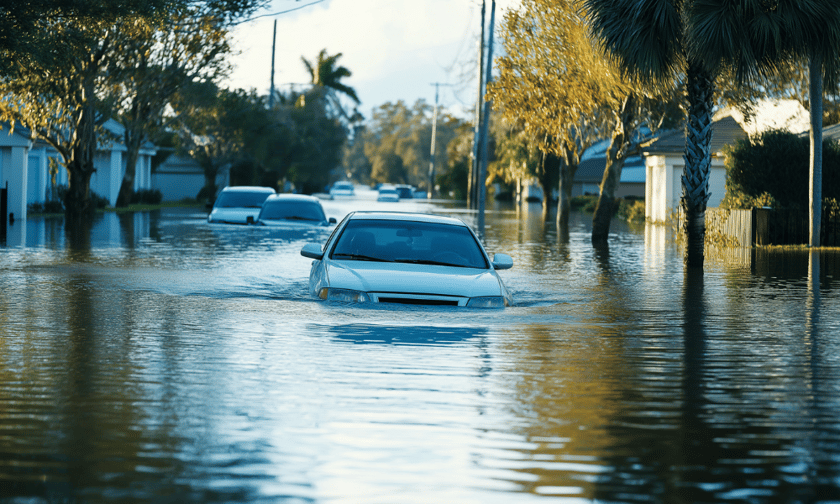

As northern New South Wales and south-east Queensland brace for Tropical Cyclone Alfred, new research by The Australia Institute has found that one in five Australian homes are either uninsured or underinsured, leaving many households financially vulnerable to climate-related disasters.
The study shows that 4% of Australian homes have no insurance, while 15% lack adequate coverage. Rising insurance costs have forced many homeowners to reduce or forego coverage altogether.
Independent Federal MP for Warringah Zali Steggall said the findings highlight the growing risks Australians face as climate change continues to drive up the cost of insurance.
“Australians are being forced to gamble with their future because escalating climate risk is making insurance unaffordable. Families, businesses and our entire economy are all at risk. We have a clear choice: act now to build resilience, lower insurance costs and protect lives and livelihoods, or leave Australians and our economy vulnerable to financial ruin,” Steggall said.
Steggall is urging both major parties to make climate resilience a core part of their economic policies. She has introduced the exposure draft of the Climate Change (National Framework for Adaptation) Bill, which seeks to legislate independent National Climate Risk Assessments and Adaptation Plans. The bill also aims to encourage long-term investment in climate-resilient infrastructure.
According to the Australian Bureau of Statistics, national property values have surpassed $11 trillion, meaning more than $2 trillion worth of property could be underinsured or uninsured. Research from the CSIRO indicates that every dollar spent on climate resilience can save up to $11 in recovery costs.
With the next federal election approaching, Steggall has made climate resilience a key issue, warning that government inaction will leave communities increasingly exposed to financial and environmental risks.
“Investing in climate resilience is a smart economic choice. The dividend of resilience action is clear... Thoughts and prayers are not enough – communities need action,” Steggall said.
